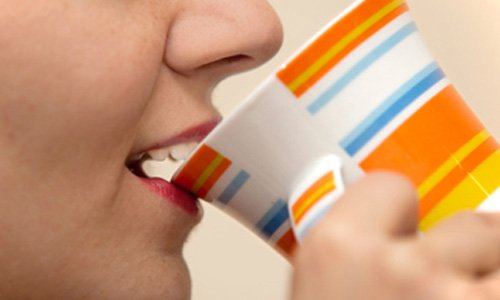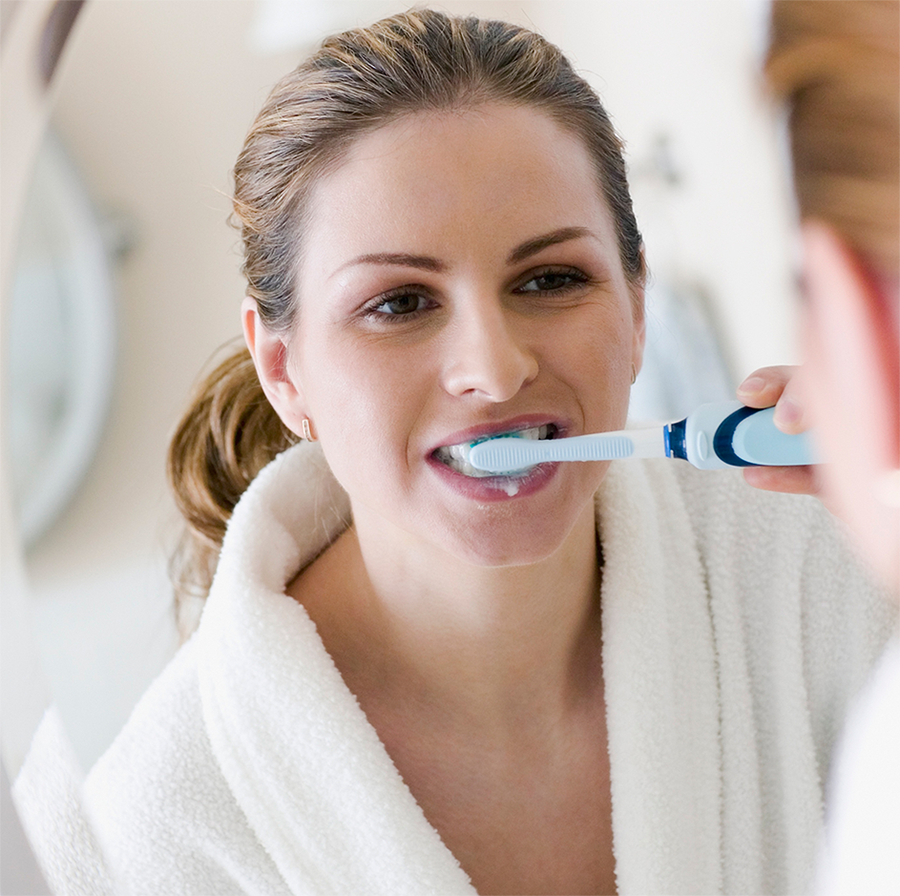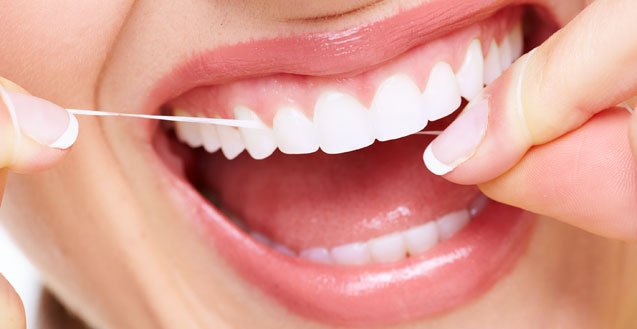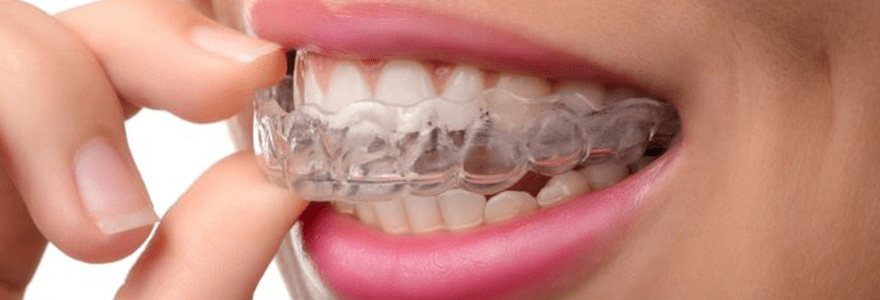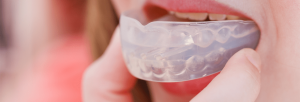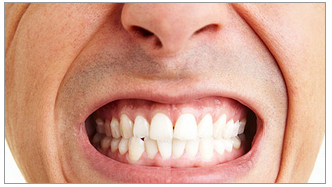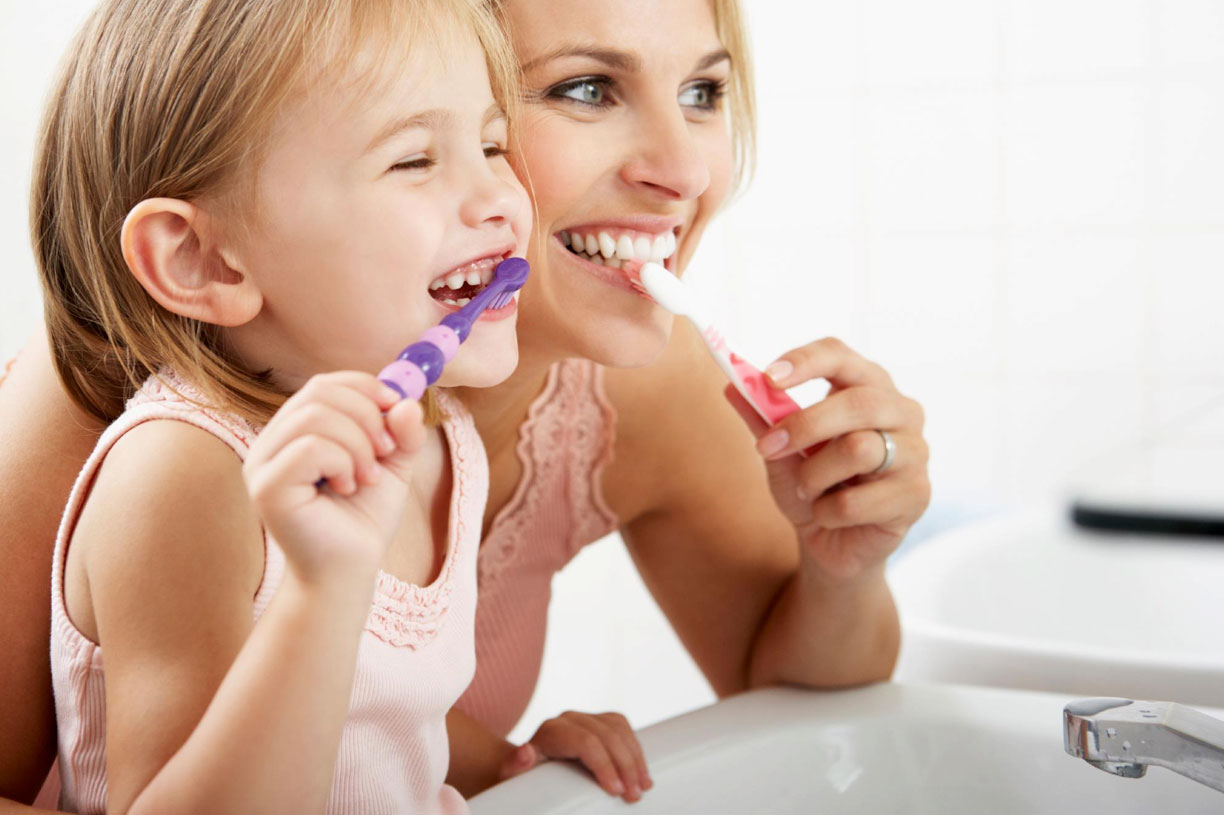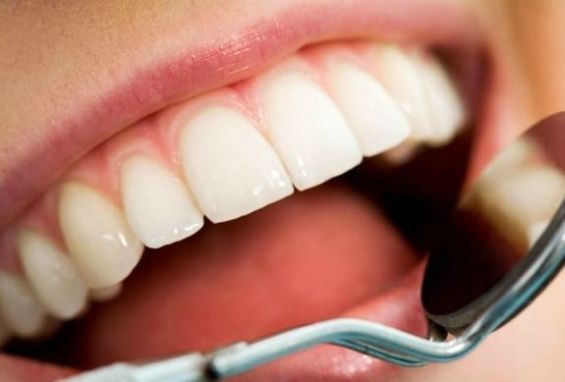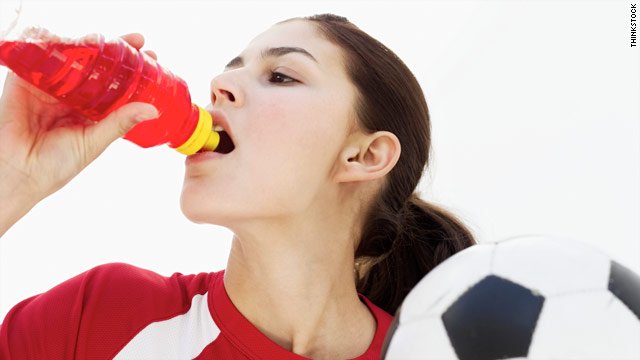Coffee and Doughnuts: Worst Breakfast for Your Teeth
A cup of cappuccino or latte and a doughnut unfortunately has become a quick breakfast for people on the go. However, they don’t think about the serious adverse effects of sugar and caffeine on teeth.
Effects of doughnuts on teeth:
Doughnuts are packed with loads of sugar – five times as much as a plain oatmeal cookie! In fact, they are worse than many other snacks in the market. Sugar plays a harmful role in tooth decay. The bacteria that form together to become plaque use sugar as a form of energy. They multiply faster and the plaque grows in size and thickness. Some of the bacteria turn the sugar into a kind of glue that they use to stick themselves to the tooth surface. This makes it harder for the bacteria to get washed away with your saliva. Bacteria also create acids that destroy the tooth enamel. Cavities are a bacterial infection created by acids that cause your teeth to experience a hole in them. Without treatment, cavities can progress past the enamel and into the deeper layers of the tooth, causing pain and possible tooth loss.
Effects of sugar on teeth:
Coffee is the only thing that can get some people going in the morning. Here are the side effects of drinking coffee:
Like other acidic drinks, coffee can be very rough on the teeth depending on the amount you drink. The tannic acid in coffee settles into the grooves of your tooth enamel and can deeply stain teeth. Many people who have been drinking coffee for years develop a yellowish stain on teeth that can be hard to get rid of without whitening treatment.
To prevent staining, take a few sips of water after drinking coffee, and swish them around your mouth to wash off the tannic acid. Wait for approximately 20-30 minutes to brush.
See your general dentist regularly to have tips and advice about how to protect your teeth from sugar and caffeine.

